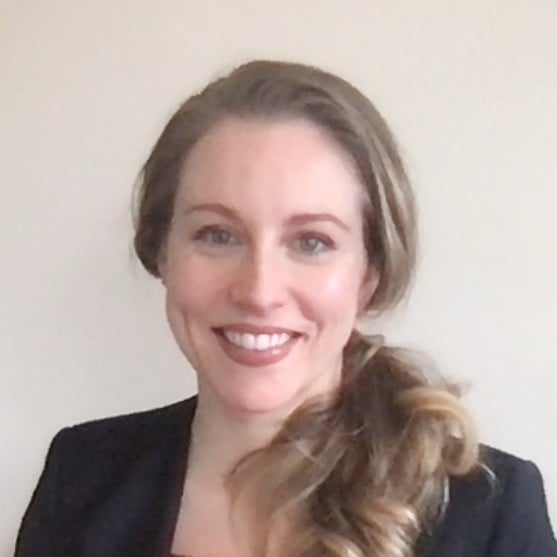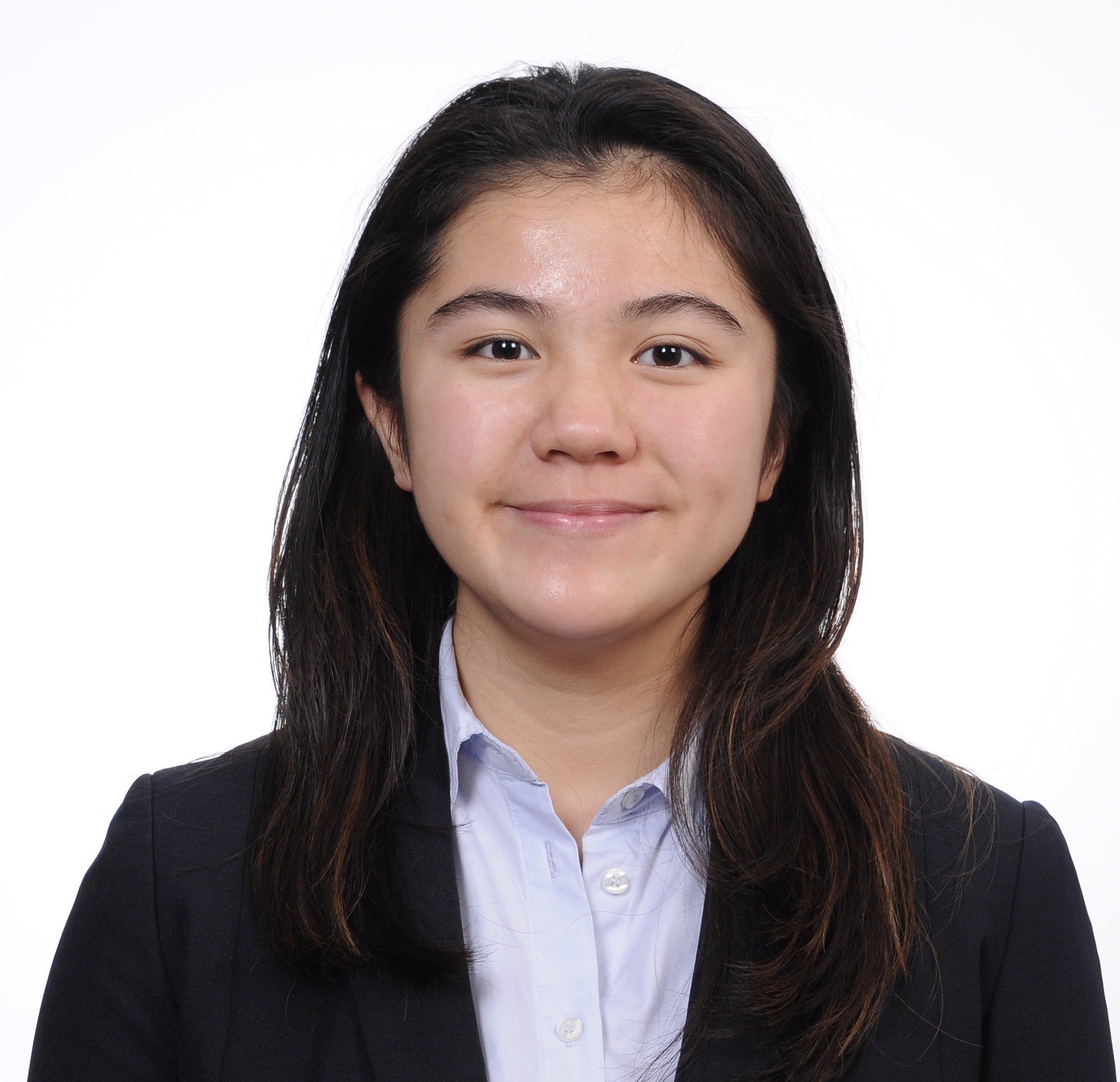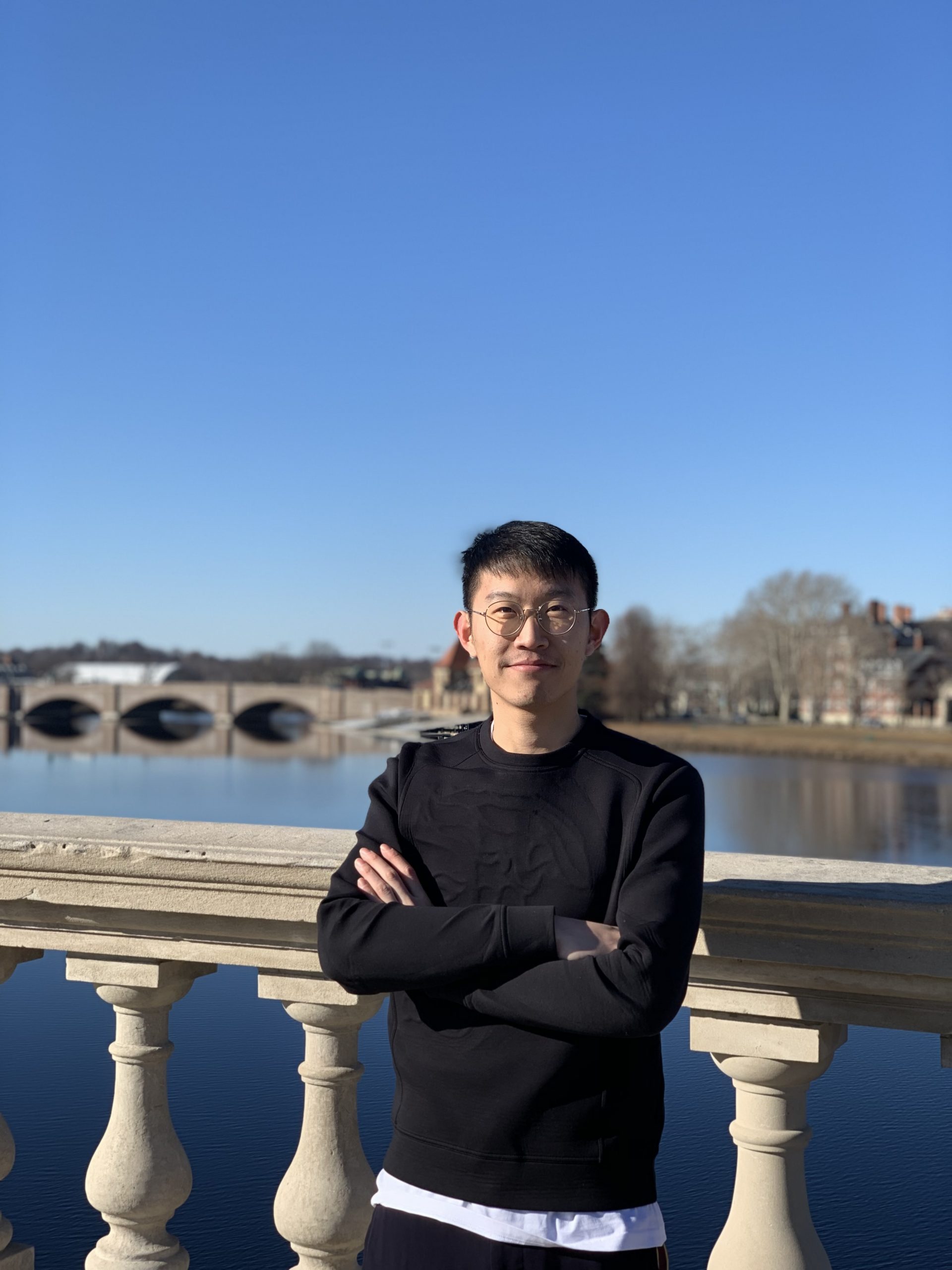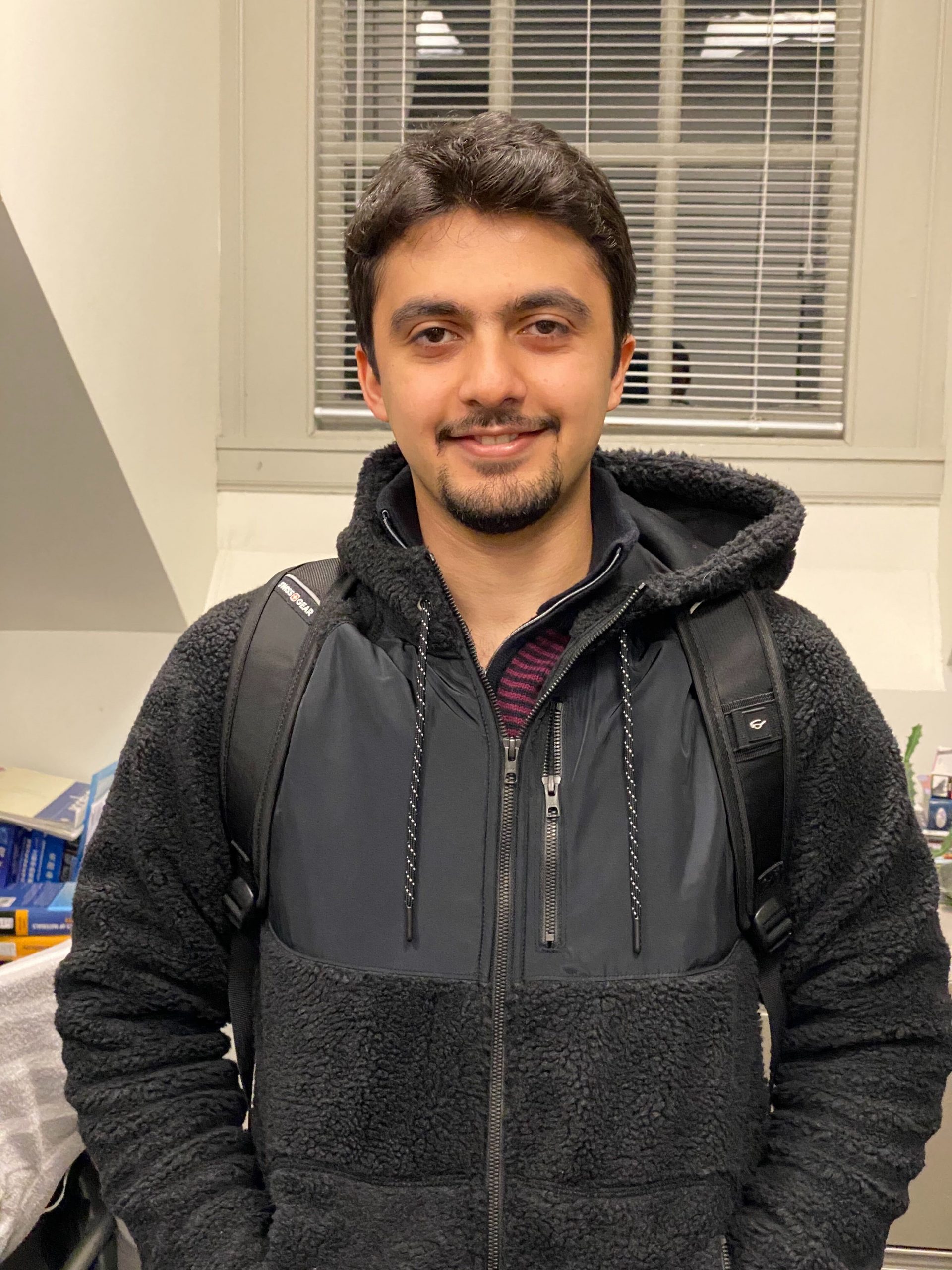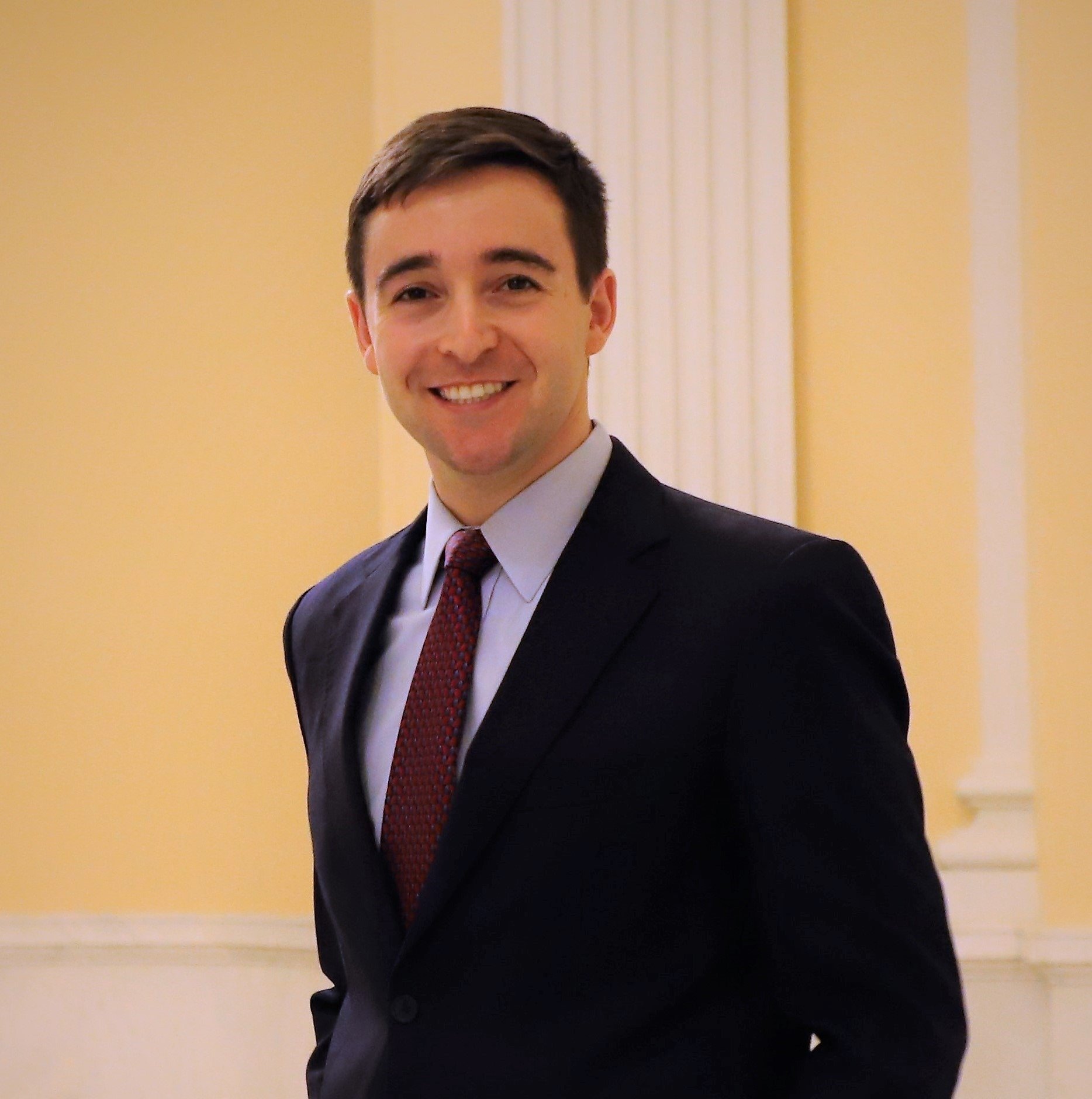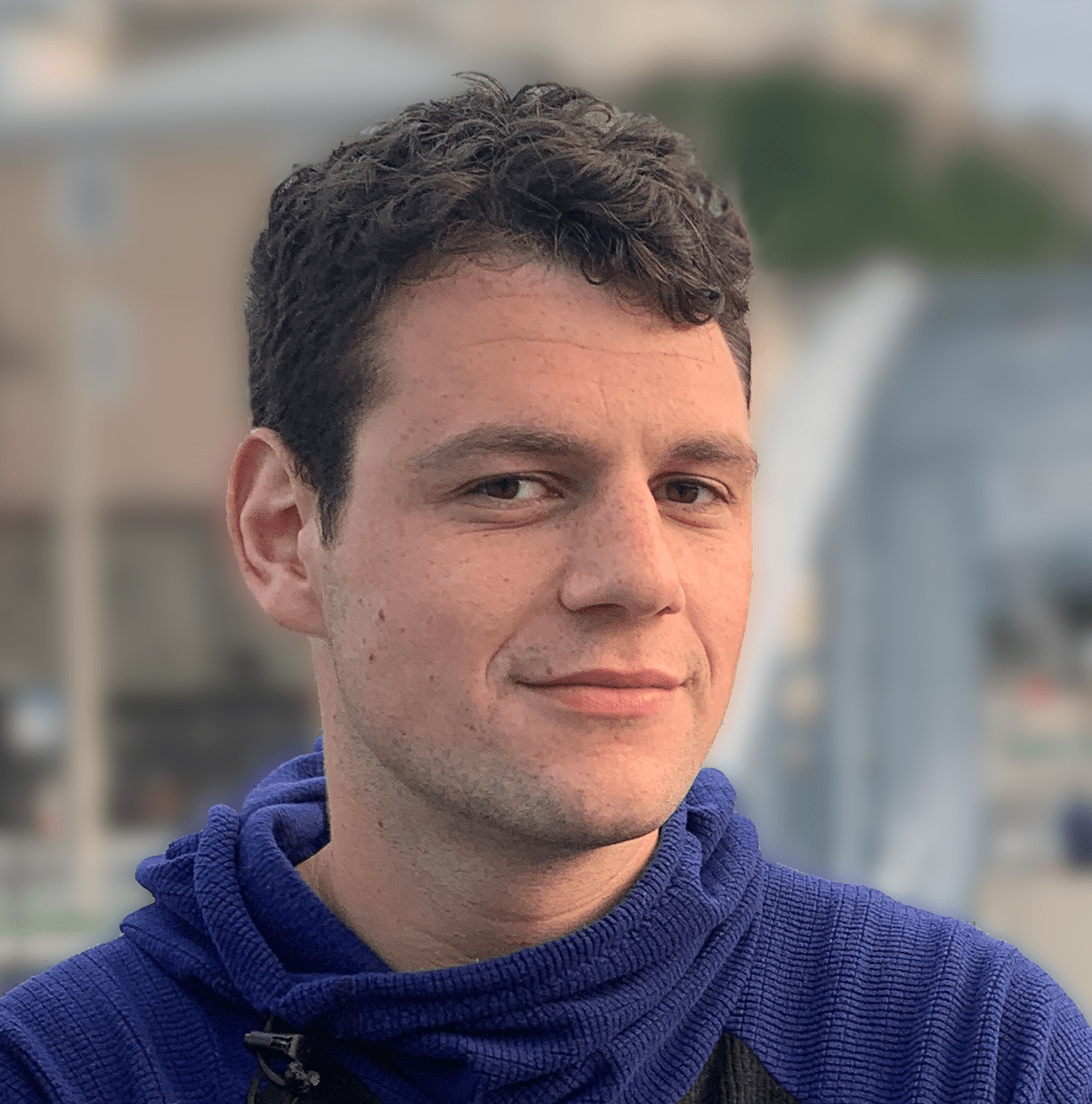JHU CSSE
Students and Researchers
Students
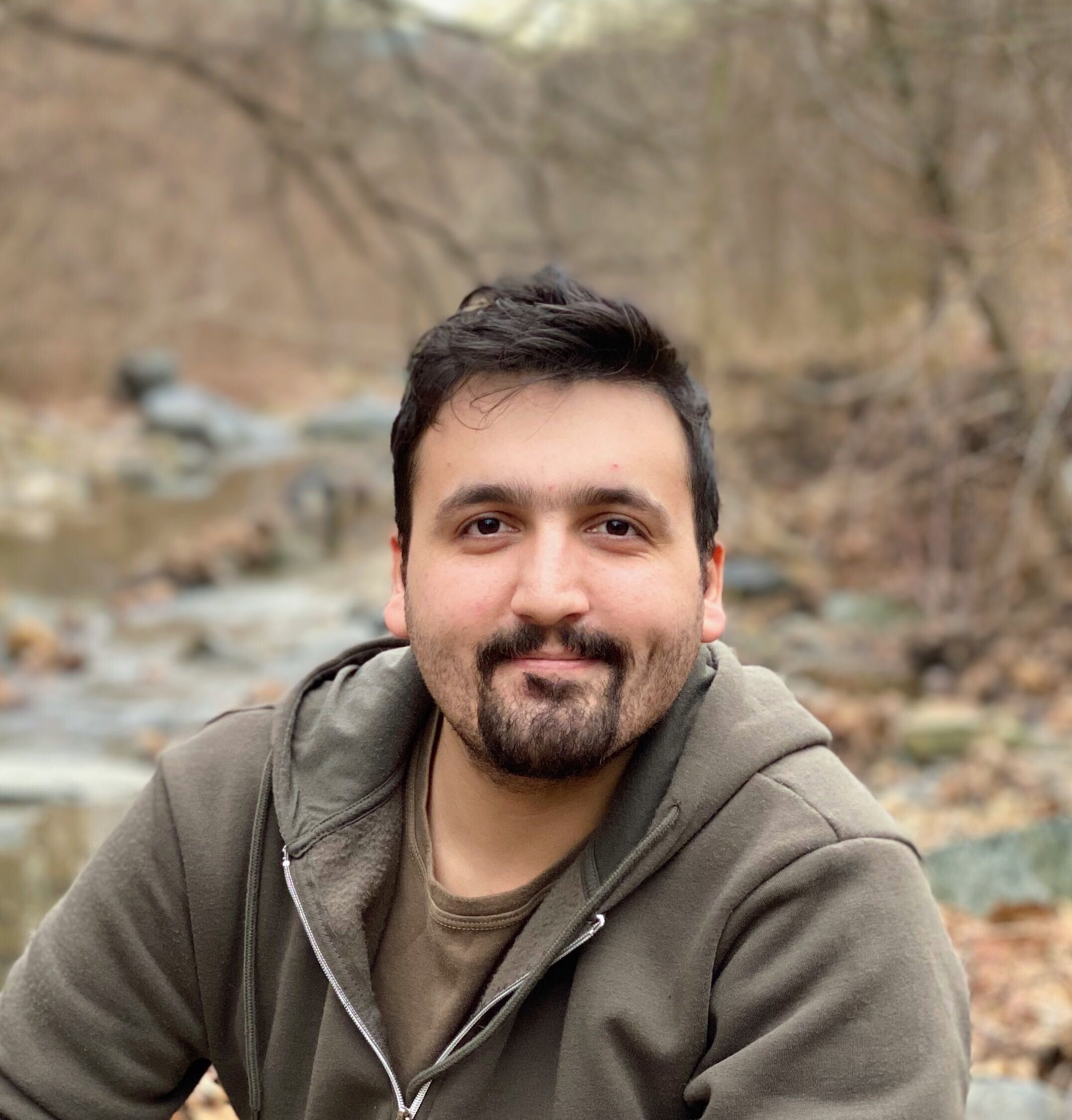
Farzin Ahmadi
PH.D. STUDENT
Advisor: Prof. Kimia Ghobadi
Farzin is a PhD student of the Department of Civil and Systems Engineering (CaSE), the Center for Systems Science and Engineering (CSSE) at the Johns Hopkins University, and the Malone Center for Engineering in Healthcare at Johns Hopkins University. His research is focused on data-driven constrained inference models and their applications in healthcare. His recent work includes providing optimal models for hospital occupancy management during the COVID-19 pandemic and data-driven optimized models for health-care decision making processes.
- Decision Making in Healthcare
- Inverse Optimization and its applications on Healthcare
- Optimizations and Simulations
- Machine Learning Approaches to big data applications in Radiation Therapy
- Inverse Learning: A Data-driven Framework to Infer Optimizations Models
- A data-driven novel methodology for direct inference of optimal solutions and unknown parameters of a linear optimization problem using a set of existing decisions.
- Paper: https://arxiv.org/pdf/2011.03038.pdf
- Data: https://github.com/CSSEHealthcare/Dietary-Behavior-Dataset
- Optimal Resource and Demand Redistribution for Healthcare Systems Under Stress from COVID-19
- Providing models for optimal and robust demand and resource transfer between healthcare centers during demand surge periods such as the COVID-19 pandemic.
- Paper: https://arxiv.org/pdf/2011.03528.pdf
- Data: https://github.com/flixpar/covid-resource-allocation
- Website: https://covid-hospital-operations.com/
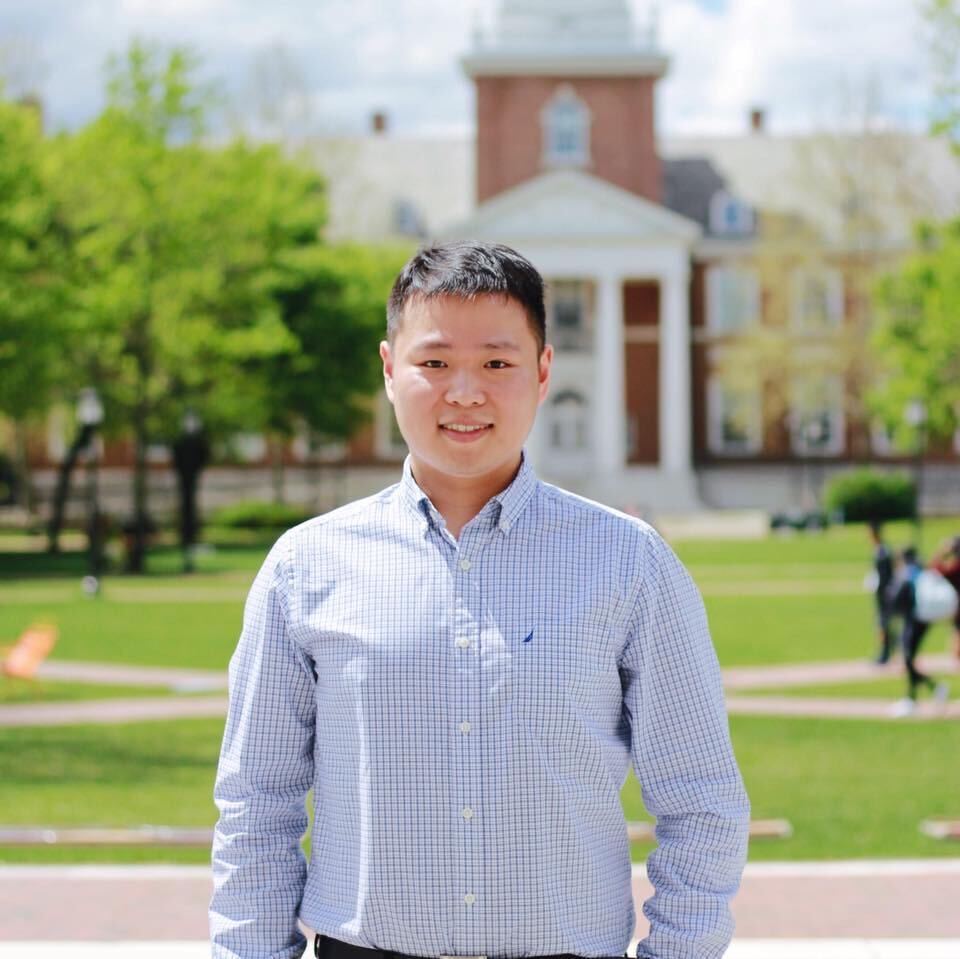
Ensheng Dong
PH.D. STUDENT
Advisor: Prof. Lauren Gardner
Ensheng Dong is a PhD candidate and Louis M. Brown Engineering Fellow of the Department of Civil and Systems Engineering (CaSE) and the Center for Systems Science and Engineering (CSSE) at Johns Hopkins University. He is also a member of the Infectious Disease Dynamics (IDD) group at the JHU Bloomberg School of Public Health. He is interested in interdisciplinary research on network science, mobility modeling, spatial analysis, geo-visualization, and infectious diseases.
His recent work includes forecasting the risk of measles in the US, predicting dengue outbreaks in Sri Lanka, building and maintaining the JHU CSSE COVID-19 dashboard, and modeling the global coronavirus pandemic. Ensheng Dong has been interviewed by CGTN, NPR, CNN, TIME, WSJ, Nature Index and other mainstream media in the US and the world. With 250 billion requests in 18 months, the dashboard is also recognized as one of TIME’s best inventions in 2020.
- Network Modeling
- Spatial Visualization
- Infectious Disease

Samee Saiyed
ph.d STUDENT
Advisor: Prof. Lauren Gardner
Samee is a Ph.D. student of the Department of Civil and Systems Engineering (CaSE), the Center for Systems Science and Engineering (CSSE) at the Johns Hopkins University. He is interested in research that seeks to alleviate societal issues using science and data driven approaches such as network science, data analysis, machine learning, multimodal mobility modeling, remote sensing and GIS, and data visualization.
- Network Modeling
- Data Science
- Systems Analysis and Dynamics
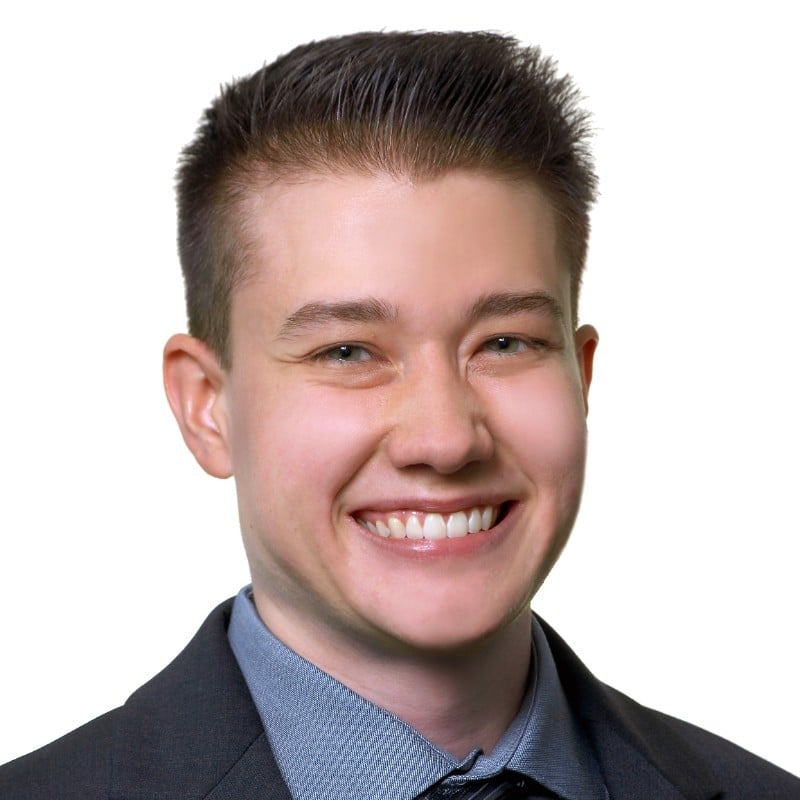
Emmett Springer
PH.D. STUDENT
Advisor: Prof. Kimia Ghobadi
Post-docs and Researchers

Andreas Nearchou
Research scientist
Advisor: Prof. Lauren Gardner
Andreas is a research scientist of the Department of Civil and Systems Engineering (CaSE), the Center for Systems Science and Engineering (CSSE) at the Johns Hopkins University. He is interested in network science, machine learning and data. He is currently working on studying how misinformation spreads on the Twitter platform.

Jeremy Ratcliff
Adjunct Assistant Research Scientist
Team: Prof. Lauren Gardner
Jeremy is a PhD candidate in the Nuffield Department of Medicine at the University of Oxford funded by a Marshall Scholarship and a researcher at the Johns Hopkins University Applied Physics Laboratory (JHU/APL). His doctoral research focuses on rapid identification and characterization of emerging viral pathogens using clinical and genomic methods and his work with JHU/APL supports the CSSE COVID-19 Dashboard. His research interests span many aspects of pandemic science and he is particularly interested in combining multiple data streams to better detect, predict, and prevent infectious disease transmission.
- Molecular Diagnostics and Next-Generation Sequencing
- Infectious Disease Dynamics
- Phylogenetics and Phylodynamics
- Epidemiology
Alumni
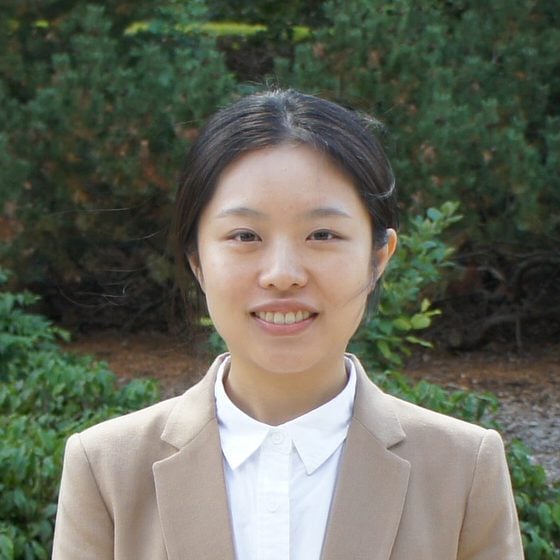
Ying Zhang
Research Associate
Joint Global Change Research Institute
Teams: Prof. Lauren Gardner & Prof. Lauren Gardner
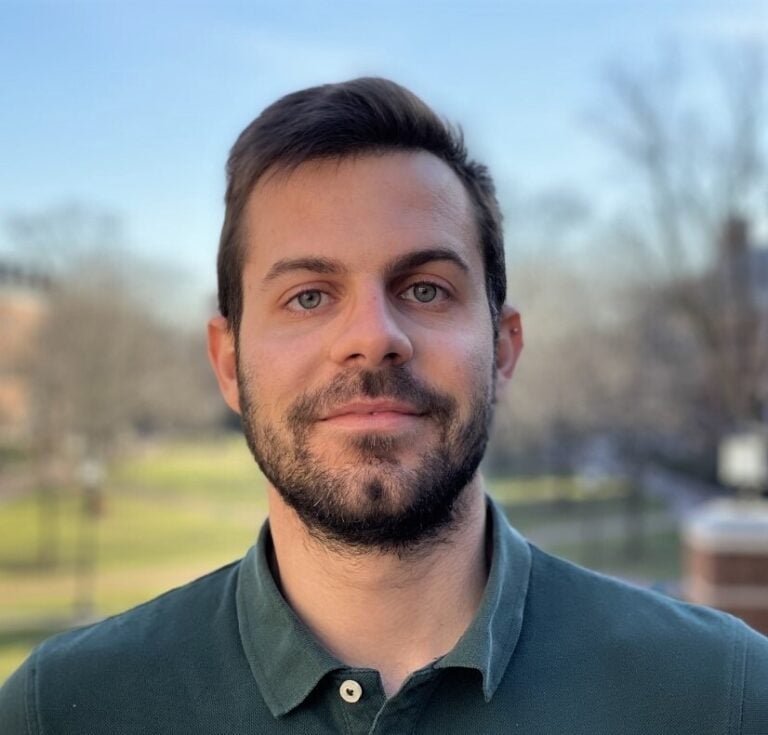
Charalampos Avraam
Smart Cities Postdoctoral Associate
New York University
Advisor: Prof. Sauleh Siddiqui
Charalampos is a PhD Candidate at the Department of Civil and Systems Engineering at the Johns Hopkins University, affiliated with the Center for Systems Science and Engineering (CSSE), the Mathematical Optimization for Decisions Lab (MODL), the Networked Dynamical Systems Lab (NetDyLab), and an A.G. Leventis Foundation scholar. Charalampos employs optimization-based tools and control theory to study the impact of climate change, resource availability, and renewable policies on networked food and energy infrastructures.
- Bilevel Optimization
- Control Theory
- Food-Energy-Water infrastructure development
- Power Systems

Hamada Badr
Assoc. Research Scientist
Team: Prof. Lauren Gardner
Today, there are many skilled and talented research scientists working across industry and applying their abilities to solve challenging problems of their field. It is rare, however, to find a scientist who dynamically combines multiple disciplines (interdisciplinary research), innovative ideas and software approaches to solve complex real-world problems using (big) data analytics and numerical simulations. I am a data scientist with broad and in-depth skills and more than two decades of experience in statistical analysis, numerical modeling of physical processes, data visualization, and software development as well as project management and leadership. I am a software-independent developer who can easily and quickly switch between different platforms and master new solutions. I am trained first in aerospace engineering and earth sciences, and I have developed my skills in programming, mathematics, statistics, and physics to address grand challenges in aerodynamics, hydroclimate, drought monitoring and early warning, food and water security, and global health.
- Machine Learning & Artificial Intelligence
- Spatiotemporal Analysis of Hydroclimate Variability
- Multiscale Hydroclimate Dynamics & Change
- Satellite Remote Sensing & Earth Observation
- Numerical Modeling & Data Assimilation
- Dynamical & Statistical Downscaling
- Numerical Weather Prediction (NWP)
- Computational Fluid Dynamics (CFD)
- High Performance Computing (HPC)
- Applications of Big Data in Real Life Problems
- Website: https://hsbadr.github.io/
- GitHub: https://github.com/hsbadr
- LinkedIn: https://linkedin.com/in/hsbadr
- Scholar: Hamada S. Badr – Google Scholar
- ORCiD: https://orcid.org/0000-0002-9808-2344

Chia-Hsiu Chang
PH.D.
Advisor: Prof. Takeru Igusa
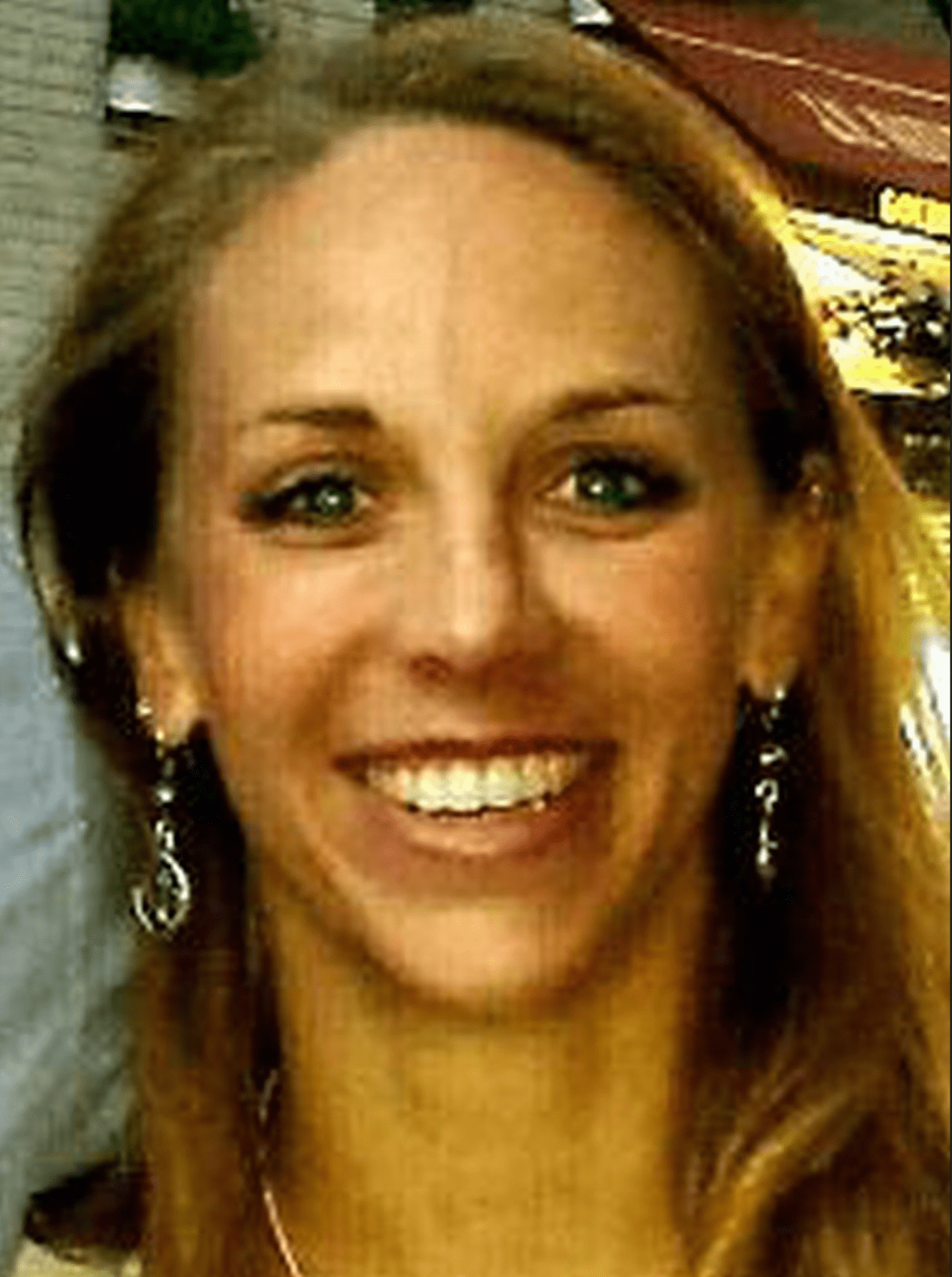
Marietta Squire
PH.D.
Advisor: Prof. Takeru Igusa
Marietta Squire is a PhD student that works with the Center for Systems Science and Engineering (CSSE) in the Department of Civil and Systems Engineering (CaSE) at Johns Hopkins University. She applies systems dynamics and mathematical optimization techniques to assess how to allocate budgets and various resources in a healthcare setting. She also applies mathematical modeling to assess how to bolster patient safety in healthcare. This is applied in order to minimize the transmission of healthcare-associated infections (HAIs) within a hospital setting.
She also works with Epidemiology and Infection Control and Prevention teams to quantify the risk of secondary infections at the hospital unit level. This risk quantification can then be used by Infectious Prevention teams in hospitals to inform and serve as a decision support tool to assist in the allocation of infection prevention resources.
- Systems Dynamics
- Healthcare Economics
- Optimizing Decision Making in Healthcare
- Decision Support in Assessing Risk
- Modeling Hospital Energy and Economic Costs for COVID-19 Infection Control Interventions
Quantifies the energy impact of the application of negative pressured treatment rooms and xenon ultraviolet light decontamination, as well as the reduction in secondary COVID-19 infections, in a hospital setting.
Paper:
https://www.medrxiv.org/content/10.1101/2020.08.21.20178855v1 - Optimal Design to Mitigate Multidrug-Resistant Organisms in Acute Care and Community Hospitals
Applies clinical data from multiple hospitals and MDRO infection treatment cost (from 400 facilities for MRSA) in order to assess which hospital infrastructure infection control measures best enhance patient safety. The model is externally validated against clinical data from multiple years and patient admission data.
Paper: https://journals.sagepub.com/doi/abs/10.1177/1937586720976585#abstract - Cost-Effectiveness of Multifaceted Built Environment Interventions for Reducing Transmission of Pathogenic Bacteria in Healthcare Facilities
Cost-Effectiveness Analysis of Infection prevention intervention-pairs for mitigating the transmission of multidrug-resistant organisms (methicillin-resistance, carbapenem-resistance, vancomycin-resistance)
Paper:
https://journals.sagepub.com/doi/10.1177/1937586719833360

Siyao Zhu
PH.D.
Advisor: Prof. Takeru Igusa
Mascot (CCO)

TimTam
chief cuteness officer
